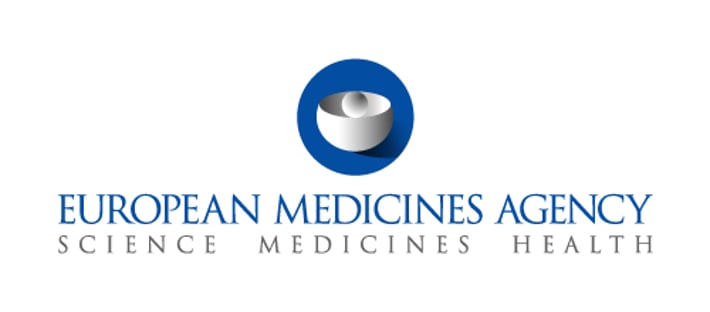EMA and doctors: improving trust as a unified voice throughout the pandemic

Giulia Gabrielli and Ivana Silva, Public and Stakeholders Engagement Department, European Medicines Agency
For correspondence: [email protected]
The roles of the European Medicines Agency (EMA) and that of the Standing Committee of European Doctors (CPME) represent two sides of the same coin. The work of the EMA constitutes the first step to medicines following a sound and safe scientific evaluation process. CPME and its doctors work with patients on healthcare’s front line. This is especially true in the current pandemic.
COVID-19 is the biggest threat to public health of this generation, and European citizens have turned towards the authorities they can rely on amidst the uncertainty. EMA has attracted much public interest over its role in the approval and monitoring of vaccines, and doctors have been the first port of call for sick or concerned citizens.
Clearly, while the work associated with these responsibilities has dramatically increased during the pandemic, it has also represented a unique opportunity to raise awareness of our work and to reinforce the trust placed in our hands like never before. To make sure that these responsibilities are aligned, that this trust is well placed, actors like EMA and healthcare professionals’ organisations need to work together, improving collaboration and supporting each other’s roles.
EMA has been interacting with European doctors and their representative organisations in various areas since it was founded in 1995. As prescribers and handlers of the medicines that the Agency evaluates, doctors have key insights to offer and EMA is committed to strengthening this working relationship.
Doctors provide independent expertise acquired in their day-to-day clinical practice. They contribute their real-world experience to the development, approval and monitoring of medicines. At EMA, doctors are members of EMA’s Committees and Management Board. In the context of COVID-19, they contribute to a more efficient, targeted communication on vaccines and therapeutics, ensuring that reliable information reaches the patients and citizens of Europe in order to promote safe and optimal use of these medicines.
COVID-19 has presented three major challenges: the need to speed up development and approval processes, for example through the rolling reviews of available data as medicines are developed, the need to communicate fast about newly developing scientific evidence and the need to contextualise and manage a large amount of uncertainty. EMA is doing so through its own channels, but these messages also need to come through doctors. They are the ones who receive individuals’ questions, speak to patients daily, address their concerns and reassure them. This became very clear when the cases of thrombosis with thrombocytopenia linked to the AstraZeneca vaccine hit the news.
An important tool in EMA’s arsenal is direct healthcare professional communications (DHPCs). These are drafted specifically for doctors and other healthcare professionals to transmit information about critical and emerging safety issues so that they make the right decisions for their patients. DHPCs provide up-to-date, sound information about changes in the way medicines are used. In the case of the AstraZeneca vaccine, the DHPC informed doctors of the possibility of this side effect and of the signs and symptoms to look out for. DHPCs are also a tool used to remind doctors of the importance of reporting side effects, which is crucial in the development of new knowledge
As we enter summer, vaccination efforts continue throughout Europe. This is thanks to all health actors, from regulators, to the individuals involved in the vaccination campaigns: doctors, but also nurses, pharmacists, paramedics and volunteers. A harmonised public voice from healthcare professionals and regulating authorities has been key to ensuring vaccine uptake and will continue to be. EMA believes in investing in a clear line of communication between regulators and healthcare professionals. Now that the eyes of European citizens are directed at us we must continue to act together and reinforce the confidence they have entrusted us with.
Useful links:
Direct healthcare professional communications | European Medicines Agency (europa.eu)
COVID-19: latest updates | European Medicines Agency (europa.eu)
Healthcare professionals | European Medicines Agency (europa.eu)
Resources for healthcare professionals | European Medicines Agency (europa.eu)